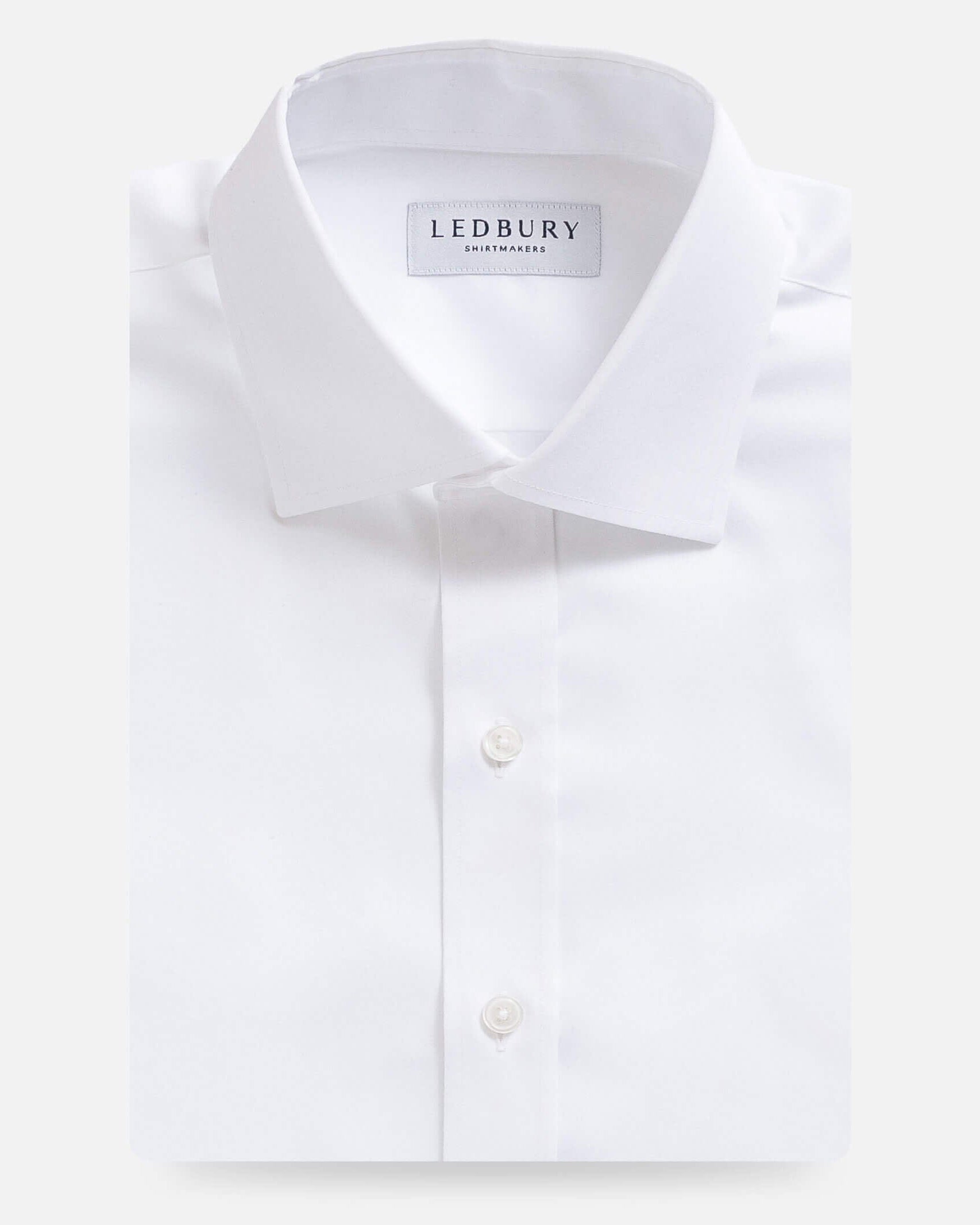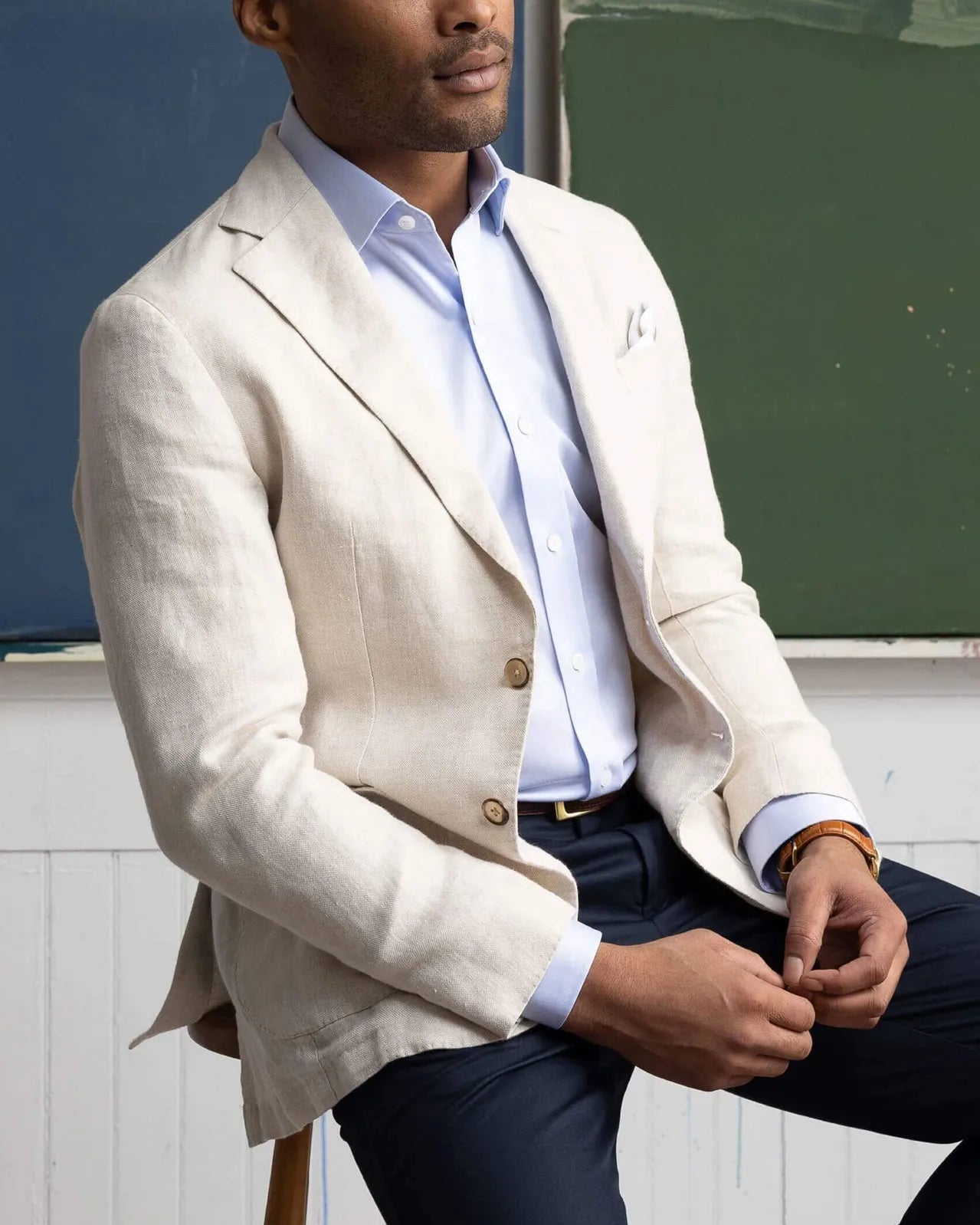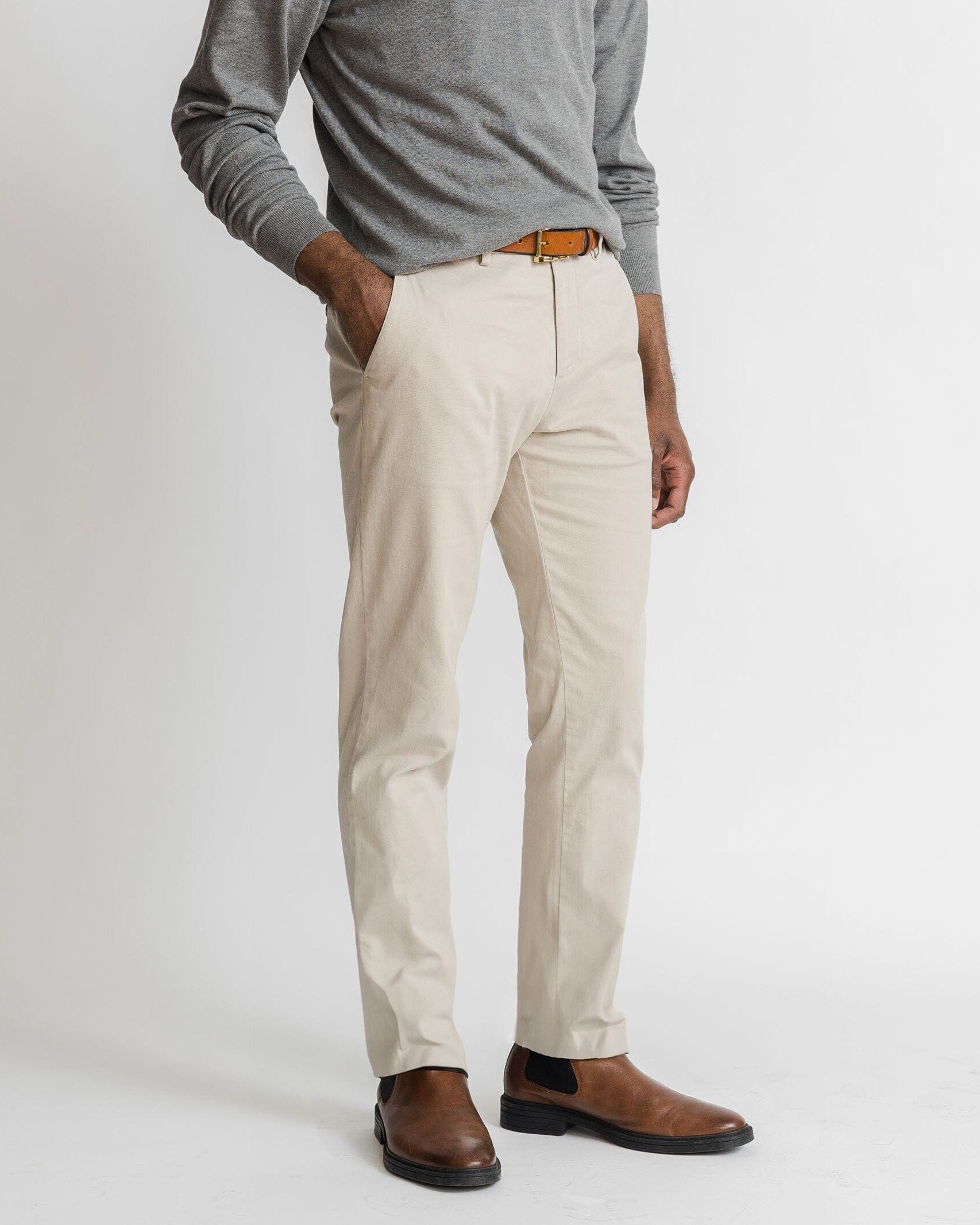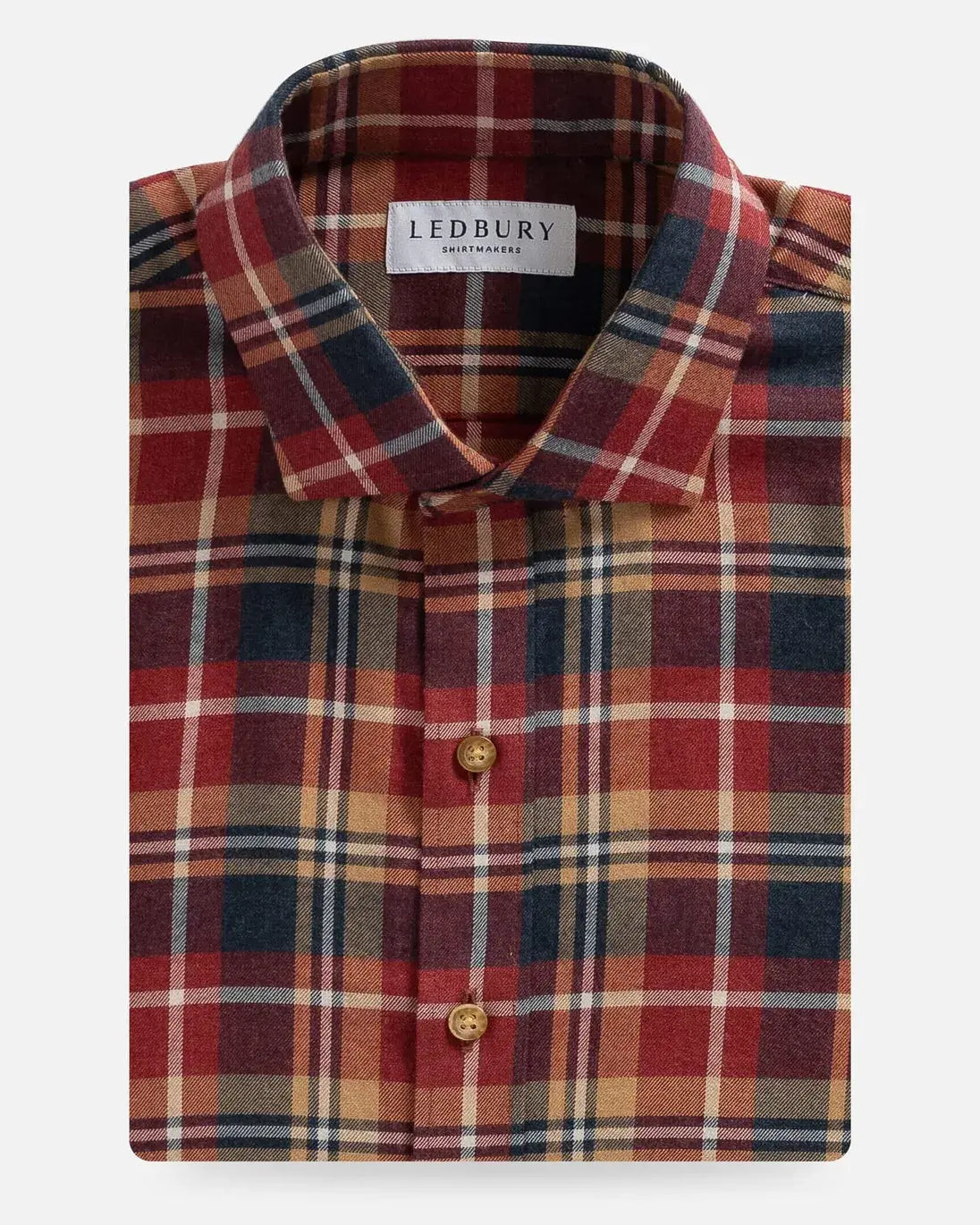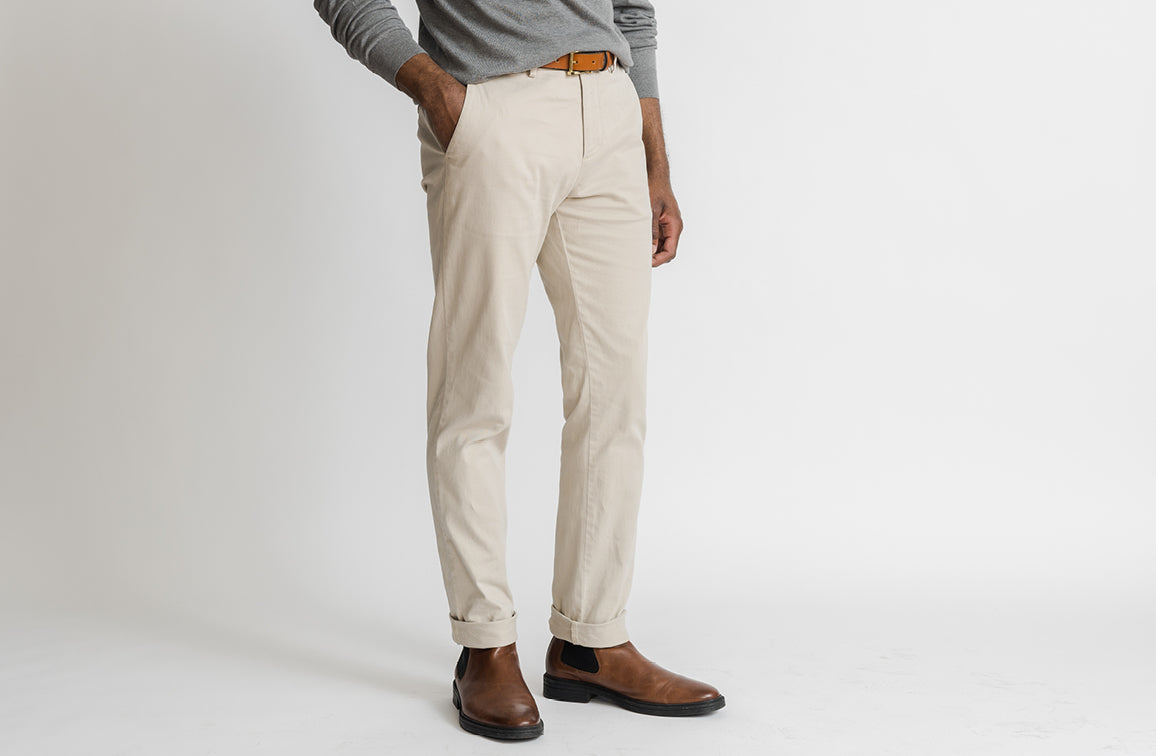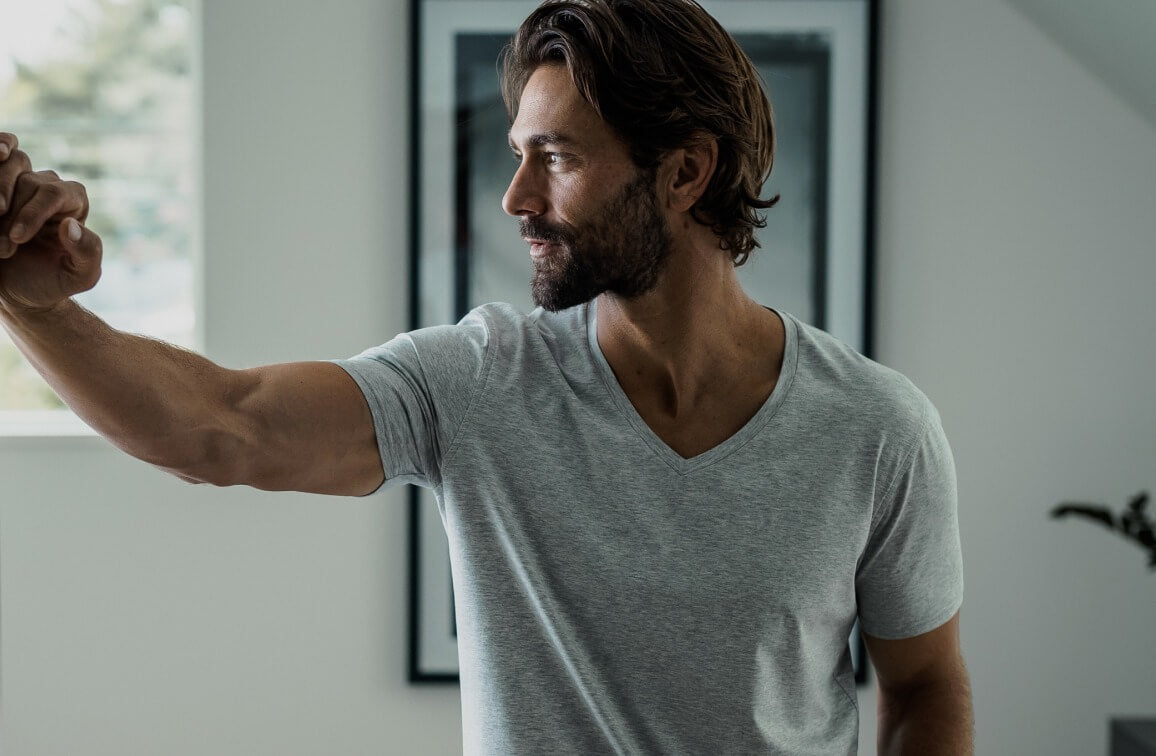





 “Ultimately, what we’re doing in pool is trying to bring order to chaos.” This is Jim Gottier’s philosophy on the sport. Along with his wife, Andrea, Jim is the co-owner of Greenleaf’s Pool Room, a new billiards hall in downtown Richmond, VA. Jim has played pool for nearly five decades after being introduced to the sport as a teenager by the 1961 film, The Hustler. As a professional, Jim has participated in several world championships, competed against top athletes in every major city and, thankfully, has won more games than he’s lost. Jim loves pool, and watching him navigate the table in a match is captivating.
Greenleaf’s Pool Room is an incredible space. Neither a glorified sports bar nor a space filled with nostalgic vintage kitsch, Greenleaf’s is a throwback to the era of the classic pool hall. Jim, Andrea and their team bring new life to the age-old game of pool. With a space and experience as polished as Greenleaf’s, it’s difficult to stay away. We recently caught up with Jim for a round of straight pool, to hear his thoughts on the sport and some pointers on how to improve our game:
“Ultimately, what we’re doing in pool is trying to bring order to chaos.” This is Jim Gottier’s philosophy on the sport. Along with his wife, Andrea, Jim is the co-owner of Greenleaf’s Pool Room, a new billiards hall in downtown Richmond, VA. Jim has played pool for nearly five decades after being introduced to the sport as a teenager by the 1961 film, The Hustler. As a professional, Jim has participated in several world championships, competed against top athletes in every major city and, thankfully, has won more games than he’s lost. Jim loves pool, and watching him navigate the table in a match is captivating.
Greenleaf’s Pool Room is an incredible space. Neither a glorified sports bar nor a space filled with nostalgic vintage kitsch, Greenleaf’s is a throwback to the era of the classic pool hall. Jim, Andrea and their team bring new life to the age-old game of pool. With a space and experience as polished as Greenleaf’s, it’s difficult to stay away. We recently caught up with Jim for a round of straight pool, to hear his thoughts on the sport and some pointers on how to improve our game:
Billiard Etiquette and Tradition
“Pool is a game of etiquette and procedure. There are house rules, which are generally always the same: no sitting on the table, no gambling (which is a joke because that’s part of the fun), and no setting drinks on the table. The biggest one is no sharking. Sharking is when a person tries to distract their opponent when they’re shooting. If I’m playing against someone who is having a good run and clears the table, I get up, rack for him or her, I go sit down and they continue. Etiquette is very important.”Know Your Game
“There are four games that matter in pool: 8-ball, 9-ball, straight pool and one pocket. They are all extremely different and have great advantages and disadvantages: 8-Ball is stripes and solids. It’s basic and elegant and the game where we learn how to walk before we can run. Within 8-Ball resides the building blocks of all the great pocket-billiard games: position play, shot making, strategy and the killer safety. 9-Ball is lost in a fog of instant gratification, mindless rule changes, silly vests and ESPN. This game, like life, is structurally unfair. It strains the heart, taxes the mind and is over before we know it. 9-Ball demands that we unpack our stroke and play shape all over the table. Straight Pool is the highest examination of the cue Arts. Straight pool harkens to the immutable laws of physics. It quells the mind and exalts the spirit. It is the order that chaos fears. In an eternal present we run balls like mad men and never allow our opponent a shot. One Pocket is slow and subtle. One-pocket has long been called the ‘chess’ of pool. That is insulting — it is much harder than chess. In chess, once the master divines the killer closing move, all he has to do is lift his hand and place a piece on a board. In one-pocket, the difficulty of the divining is the same but we must finish with a virtuoso physical performance. The brain trust of pool lives in one-pocket. It is all experience, imagination and creativity on the fly. This is a game for old men with fire in their hearts and cash in their pockets, a true hustler’s game.”Selecting a Cue Stick
“When I was a kid, there were two or three master craftsmen per region. Now, cues have proliferated and there are many great cue makers out there. If you’re paying a lot of money for a cue, you’re just paying for decoration. My cue was made by John Robinson, a master cue stick craftsman from California. I’ve had it since 1978 and it’s been with me for most of my career. Depending on your height, your cue stick should either be 57 or 58 inches. 19-20 ounces is a good weight. Also make sure the cue's shaft has a nice taper and that the weight is evenly balanced throughout the stick.”Drills For Practice
“I can’t bring myself to doing drills but, when you’re learning how to play, they are absolutely necessary. Here are three of the best: 1. Take balls 1-4 and the cue ball, and put them on the center of the table in a random pattern. The drill is to run the four balls into any pocket, but no ball can hit a rail. After you’ve mastered that, move on to six balls, then eight, ten, twelve and fourteen. What I love about this drill is that it teaches you to hold the cue ball on a leash so that it doesn’t go wild. What I also love about this drill is that it helps teach abstract thought. If you get out of line, you have to have fall back plans. 2. Place four balls in the center in a row and practice striking the balls into pockets with little to no English, a nice firm stroke, and trying to play position on each ball with running about 8 – 12 inches of draw. This is a drill that teaches how speed and stroke relate. 3. No one becomes a top pool player by strictly playing by themselves on their table at home. The best practice is to come to the pool hall and play other people. The more often you play a person, the better.”The Proper Way to Shoot
“The main thing is to, if you’re a right handed player, is to stretch your left arm down on the table as far as possible. What happens is that you use your weight and your hips to keep your head is right over the ball. When I have a tough shot, I tell myself to remain solid and make a good strike. Your body can’t be wobbly. I would also say to work on your bridge (how you’re holding the pool stick). I use a few different bridges based on comfort and what I’m doing in the moment. The main thing is to follow through. Even if you’re making soft shots, you should never decelerate through a shot. Always follow through.”The Best Advice
“Your position play with the cue ball is the only thing that matters when you’re playing. If you see someone making great shot after great shot, it just means that they’re a poor pool player because they’re not playing for position. The entire game is about your ability to control and command position of the cue ball. You should never hit a ball unless you know what ball you’re playing position for. Excellent pool playing is a matter of hitting all the balls, not just hitting one ball here and another ball there.”Making Tough Shots
-
“The best way to take back advantage in a game, especially if you’re playing a less seasoned player, is to let your opponent be the one to make the mistake. If you get into a tough spot, don’t try anything desperate to get out of it. This is called ‘selling out.’ A lot of times, a person tries a tough shot, misses it, and then all of a sudden the table is wide open for the opponent.”Players to Know
“Efren Reyes – A living legend of the game. Efren Reyes is from the Philippines and is arguably the best pool player who has ever lived. Mike Sigel – Now in his early 60s, he was the top billiards player for nearly two decades and I played against him in the World Championships. Mika Immonen – He’s my favorite player right now and was recently elected into the Billiard Congress of America's Hall of Fame. I gave the introductory speech at the ceremony for his induction and it was one of my proudest moments in the sport. Mika has beaten me exotically so many times. He’s an incredible talent and plays a great game. Thorsten Hohmann – A sensational German player who keeps getting better. Darren Appleton – I don’t know him so well but he has been interesting to watch. He’s the current reigning World Straight Pool Champion.”Glossary
(From the 'Billiard Congress of America Official Rules and Records Book’)
English – Side spin applied to the cue ball by striking it off center. Position – The placement of the cue ball on each shot relative to the next planned shot. Run – The total of consecutive scores, points or counts made by a player in a single turn. Safety – Defensive positioning of the balls so as to minimize the opponent's chances of scoring. Stroke – The movement of the cue as a shot is executed.Additional Resources
“Rent and watch the movie, The Hustler, because it shows not just the nuts and bolts of pool, but displays the entire culture. Also watch Thorsten Hohmann’s run against me in straight pool. Although I lost, Thorsten’s run is one of the most aesthetic straight pool runs in the history of the championship format. Lastly, the most important resource is to come to the pool hall and be around the older guys who know how to play. Everyone has a different style and everyone knows something that the other person doesn’t.”Ralph Greenleaf was a 20-time world pocket billiards champion in the early 20th century and serves as the poolroom’s namesake. Greenleaf’s Pool Room is located at 100 N. 6th Street, Richmond, VA. Visit their website for more information.

